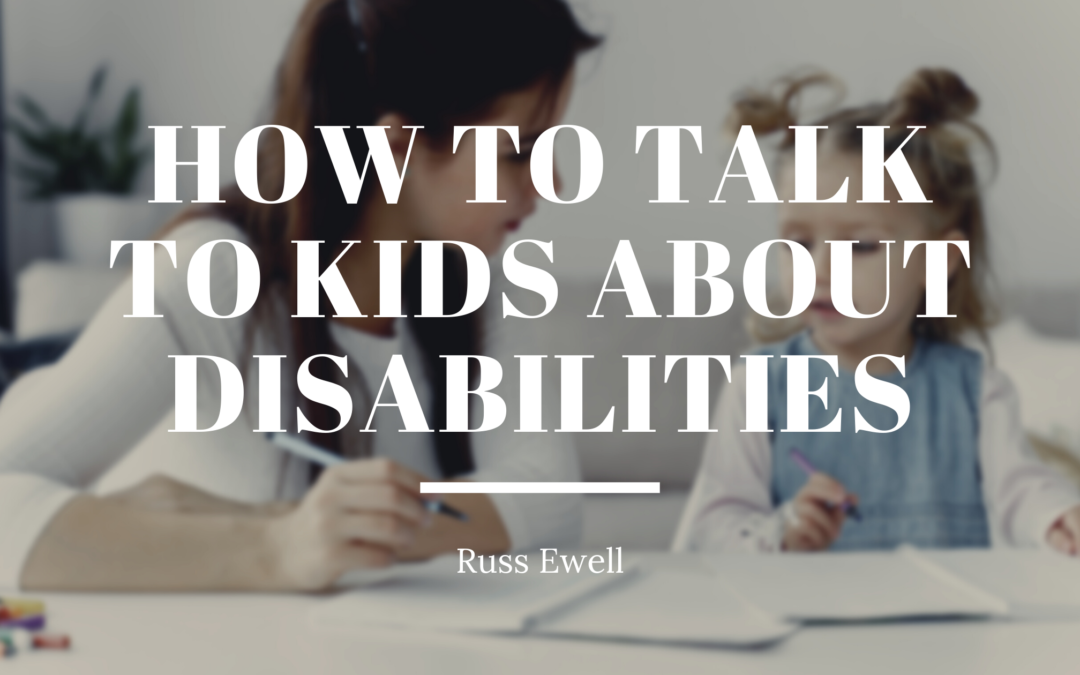Hi! I’m so glad you’re here to read this article about how to talk to kids about disabilities. I know it can be a little scary at first, but the more you practice it, the better you’ll get. Here are some things that have worked for many people with teaching kids with disabilities:
1) Be patient and compassionate:
Kids will be curious, and it’s your job as a parent or teacher to help them understand.
-Let the child come up with their own questions for you instead of trying to answer everything on the spot. That way, they can learn things at their own pace that works best for them. If they don’t ask you any questions, that’s okay! You can always bring it up yourself or just let them know they’re welcome to talk to you about anything.
-Reassurance is essential too. If a child asks if their classmate has cancer and the answer is yes, reassure them that the classmate will be okay.
-Sometimes, kids with disabilities need extra help, but it’s crucial for them to be still treated as just ordinary people and not some “special” kid who requires special treatment from everyone else. They want to do things on their own too!
2) Understand what triggers your child’s anxiety or fears related to disability:
-Sometimes, it’s hard for kids to learn about disabilities because they may be scared of what might happen if something similar were to ever happen to them. For instance, if your child is afraid of getting leukemia like their cancer friend, talk with them and see where that fear comes from. Sometimes talking through fears can help ease the worry.
3) Don’t underestimate the impact of your words on children- they will listen intently and soak up everything that is said:
-This can be super scary, but it’s also awesome at the same time. Kids are really wise and will listen to everything you say about disabilities because they want to learn more! They may even ask questions that seem a little off or strange just because they’re curious.
4) Make sure any accommodations are well documented in writing- this will make communicating easier later when working with teachers, therapists, etc.
-You can try to communicate accommodations verbally, but sometimes that doesn’t work out too well (especially if the teacher is new). Having written documentation means you’ll always be prepared! Even if your child only needs accommodation for one day at school, having them in writing means you have proof that it’s necessary.
-I also recommend keeping track of when your child needs accommodations, so they don’t need to keep explaining themselves every time or feel bad about asking for help. You can use something like a calendar on your phone or computer to note down the date and what kind of accommodation your child needs. That way, you can easily show it to an authority figure if necessary, and they’ll know what’s going on right away!

